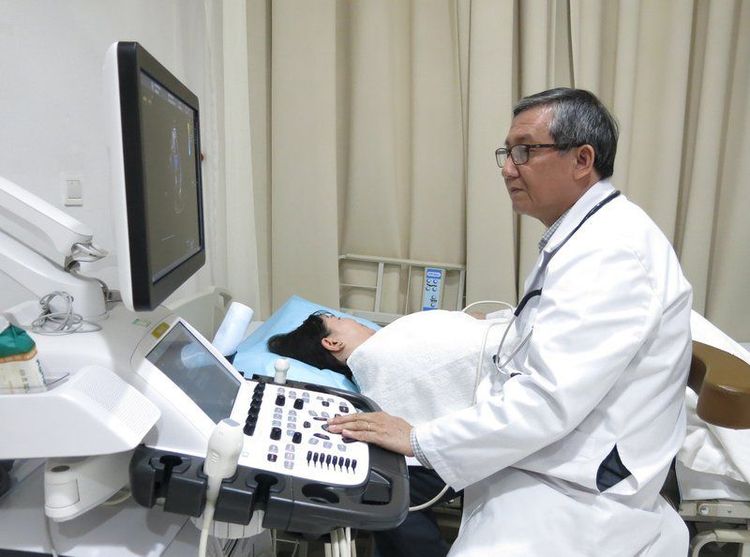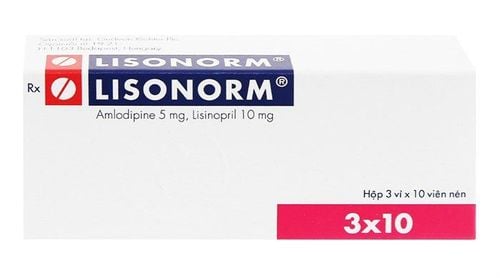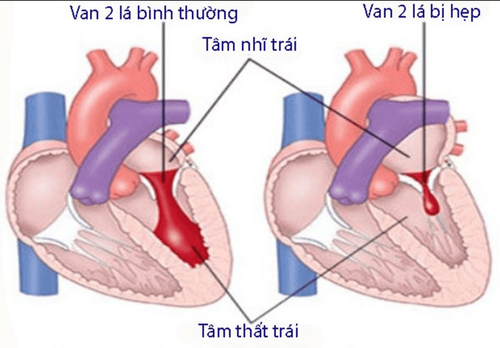This is an automatically translated article.
Posted by Master, Doctor Vu Thi Tuyet Mai - Cardiologist at Cardiology Center - Vinmec Central Park International General Hospital
In healthy adults, there are two normal heart sounds, often described as a lub (opening) and a dub (closing), occurring in sequence with each heartbeat. It is the first heart sound (S1) and the second heart sound (S2), produced by the closure of the atrioventricular and semilunar valves. In addition to these normal heart sounds, many other heart sounds may also be encountered including murmurs, valve clicks, and galloping sounds S3 and S4.
1. What is a heart murmur?
Heart murmurs are produced by the turbulent flow of blood in the heart and in order to hear the murmur, a pressure difference of at least 30 mmHg is required between the chambers of the heart and blood from the higher pressure chamber will flow. to the chamber with lower pressure, when there is a left-right shunt or a right-left shunt, whichever side is dominant.
2. What causes heart murmur?
The murmur can be physiological (innocent) or pathological (abnormal).
An abnormal murmur can be caused by a narrowing that restricts the opening of the heart valves, leading to turbulence as blood flows through. An abnormal murmur can also occur with heart valve failure (valvular regurgitation), which results in backflow of blood when the valve is not forced to close, leaving only a partial ejection effect.
Another possible mechanism for an abnormal murmur is an incomplete ventricular septum. Different murmurs can be heard at different parts of the cardiac cycle, and also depend on the cause of the murmur.
Innocent murmurs are usually not dangerous and do not require therapeutic intervention. They can be caused by anemia, fever or hyperthyroidism, among other conditions.
Innocent murmurs can be heard in 40 to 45 percent of children and 10 percent of adults at some point in their lives. The murmur may appear and disappear on its own. Since an innocent murmur often causes no noticeable symptoms, we may have a murmur and not even know it.
An innocent murmur, which is common in children 3 to 7 years of age, is called a Still murmur and is not a heart condition, and should not be of great concern.

Innocent murmur is also common in pregnant women. Because during pregnancy, the extra blood volume and extra blood as it flows through the heart valves can cause a murmur. This type of murmur usually goes away after pregnancy. Innocent murmurs may be louder or softer when a person is exercising or being stimulated.
An abnormal murmur - also known as a pathological murmur - can be diagnosed in people with real heart disease. An abnormal murmur can be caused by heart conditions such as: congenital heart disease, valvular heart disease, aortic stenosis.
3. What are the signs of a heart murmur?
Symptoms that can be seen in people with heart murmurs:
Bluish-purple skin color, especially the tips of the fingers or lips. Chest tightness. Dizziness or fainting. Excessive sweating is not related to temperature or exercise. Poor feeding and abnormal growth in children, especially in infants with congenital heart disease. Shortness of breath on exertion. Swollen legs or abdomen. Fast weight gain. If a heart murmur is accompanied by one of the above symptoms, we should see a cardiologist soon

4. How to diagnose a heart murmur?
When visiting the doctor, he will often ask about the above symptoms, and a history of heart disease in the family. Next, a stethoscope will be used to diagnose murmurs in the chest, back, or neck.
Tests that often help find the cause include:
Chest X-ray - this provides an image of the heart and lungs. Echocardiography (ultrasound of the heart) is considered an important test for the diagnosis of an Electrocardiogram (EKG). Cardiac magnetic resonance imaging (MRI) for the investigation of complex structural heart abnormalities Cardiac catheterization and background clearing angiography are invasive procedures to assess intra-chamber pressures to help determine the severity of abnormal shunts. of the heart and severe valvular diseases

5. How are heart murmurs treated?
Innocent murmurs do not require treatment, they may go away on their own
If the murmur is related to valve problems or abnormal blood flow in the heart chambers (abnormal flow known as a shunt), should be periodically monitored by a cardiologist for prompt treatment
Treatment of heart murmur depends on the cause and severity of the disease causing the murmur. Some diseases require surgery or early corrective intervention. Others can be followed for a long time before surgical correction is needed.
Today, less invasive cardiovascular interventional techniques such as instrumental closure of the cardiac holes, percutaneous aortic valve replacement, or transcatheter mitral valve repair are increasingly being used. Widely deployed, it has helped to effectively treat pathologies that cause abnormal heart murmurs without having to undergo thoracotomy.
If you have any questions about your heart health, see a cardiologist for advice.

To protect heart health in general and detect early signs of cardiovascular disease, customers can sign up for Cardiovascular Screening Package - Basic Cardiovascular Examination of Vinmec International General Hospital. The examination package helps to detect cardiovascular problems at the earliest through tests and modern imaging methods. The package is for all ages, genders and is especially essential for people with risk factors for cardiovascular disease.
Please dial HOTLINE for more information or register for an appointment HERE. Download MyVinmec app to make appointments faster and to manage your bookings easily.














